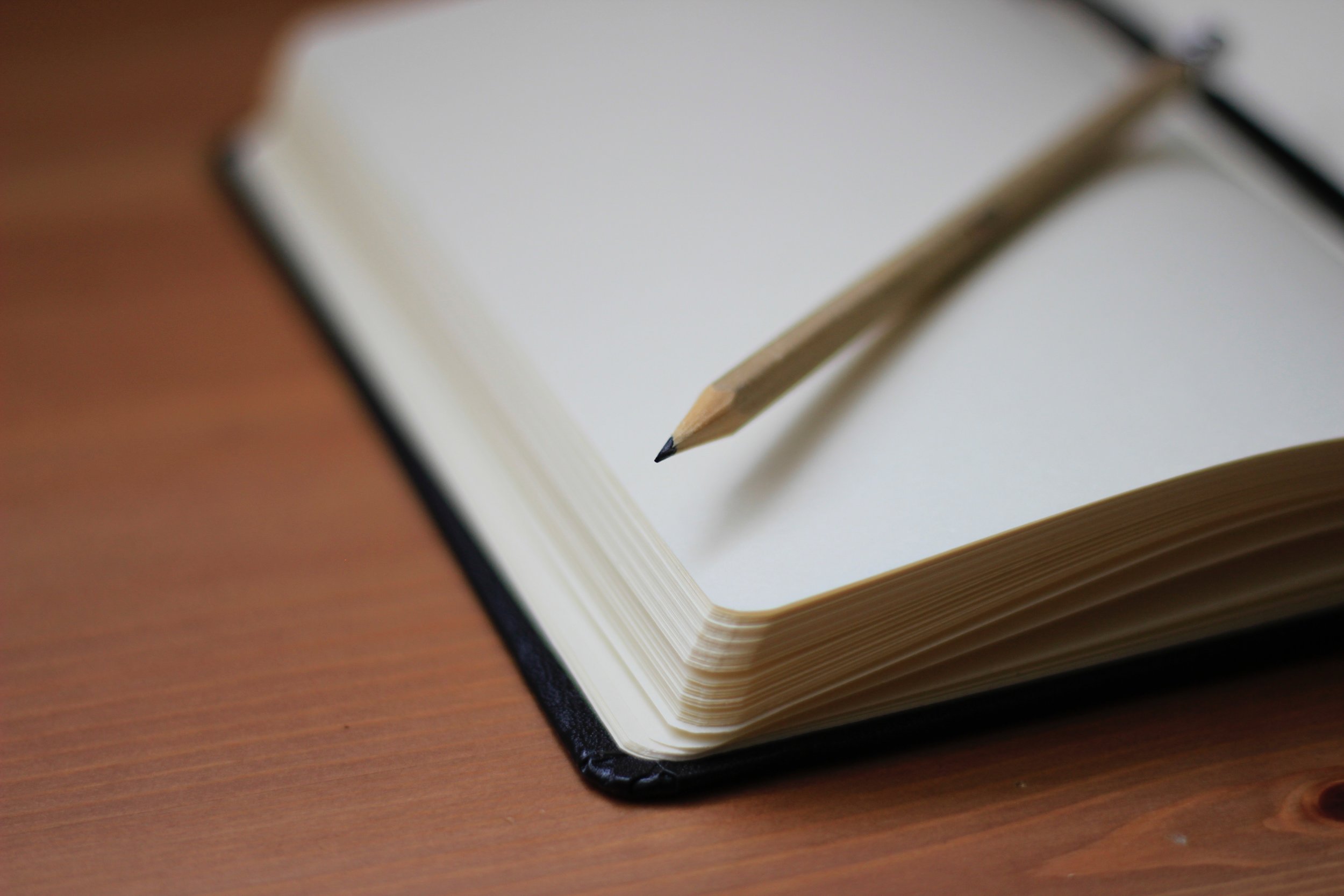Recovery from an eating disorder (or any other mental illness) is a journey. With my clients, I celebrate many recovery wins, but I also support them through difficult moments. Let's get real here: Recovery is HARD. It requires a lot of work, patience and dedication. Because we are human, this can sometimes become very overwhelming.
To help get you through those moments, I connected with colleagues in order to put together a list of tips for when you feel like giving up on recovery. For those who find journaling helpful, I also included some prompts.
1. Remember Why You Want To Recover
Somewhere in your initial struggle, you decided it was time to heal. There is a reason why you started this journey. In those difficult moments, think of what makes recovery important to you. Will it allow you to spend more time on your hobbies and passions? Will it make you more available for connection?
Blair Mize, MS, RDN, CSSD, LDN, owner of Memphis Nutrition Group says : "Before giving up on recovery, take some time to think about and write down why you started pursuing recovery in the first place. By taking a look at where you started and noting milestones along the way, you may begin to see how far you've come and why making a full recovery still feels worthwhile."
Journaling Prompt: Why did you start your recovery/healing process?
2. Consider How Recovery Fits Into Your Goals and Values
A very powerful tool when working on recovery is thinking about your goals and values. Once you have established our values, you can think about how these are connected to recovery. For example, you may value family. Recovery is then in line with your values since it might allow you to spend more quality time with your family.
Before giving up on recovery, Paige Smathers, RDN, CD encourages you to take a step back and look at the big picture of your life. What do you want? As in, what do you REALLY want? Then, ask yourself how you get there. Check in with yourself by recognizing when your thoughts and desires for life are coming from a place of trust, respect and fulfillment and when your desires might be coming from a space of bullying yourself and/or punishing yourself.
As Poonam Sahasrabudhe MSW, LSW reminds us, giving up on recovery and giving in to the eating disorder can be very tempting. Going back to what is known can be comforting. Try to remember how you felt in the eating disorder and ask yourself: Will going back to the ED get you to your values? Will it help you feel more authentic and fulfilled? Will it help you feel more connected in relationships? Will it launch you toward your goals? Remember that you are amazing for your awareness and even considering changing what isn't working for you.
Journaling Prompt: What are your 3 most important values? How does working on recovery relate to these values?
3. Remember This: Recovery Isn't Linear
Recovery is a journey with many twists and turns. Annina Schmid (M.A., CCPA, OACCPP, CACCF) shares that recovery isn't a linear process, and a so-called "relapse" won't take you back to the place that you started from. It is important to acknowledge the good and the difficult days. Don't act on impulse, think about your choice today as a long-term investment in your future.
Journaling Prompt: What are 3 things you have learned in your healing process?
4. Be Kind With Yourself
I'll say it again: Recovery takes hard work. When we are being hard on ourselves in the process, it adds an extra layer of difficulty. I recognize it's easier said then done, but do your best to approach yourself with kindness and compassionate. Remember you are doing the best you can with the tools you have.
I couldn't agree more with Edith Shreckengast, MS, RDN, CSSD who shares, "You are a warrior and recovery is sincerely and utterly allowing yourself to live again. Take a deep breath and ask yourself what your truest desire out of recovery is? There is no right or wrong way of recovery, but there is your way. That way is beautiful and unique in which no one else can replicate."
Dr. Maria Paredes, LPCS, CEDS, Licensed Professional Counselor, Clinical Supervisor, Certified Eating Disorders Specialist and owner of Three Birds Counseling reminds us that unlike the diet industry's messaging of "just do these 5 steps" or "take this silver bullet pill" or "30 days of this and you'll be happy," the recovery road is long and windy and complicated and often exhausting. But, it's worth it. YOU are worth it. The best advice she has is just to be kind to yourself. No matter what *steps back* or *wagons* you think you've fallen off or *mistakes* you feel you've made, still. Even then, be kind to yourself.
Journaling Prompt: What are 3 ways you can show yourself compassion?
The Bottom Line
There will be many ups and downs during recovery. This is normal. In those moments of despair, remembers why you want to recover and how recovery aligns with your values. Approach the situation which as much self-compassion as possible and as Dory said, "Just keep swimming".
You've got this, recovery warrior!

